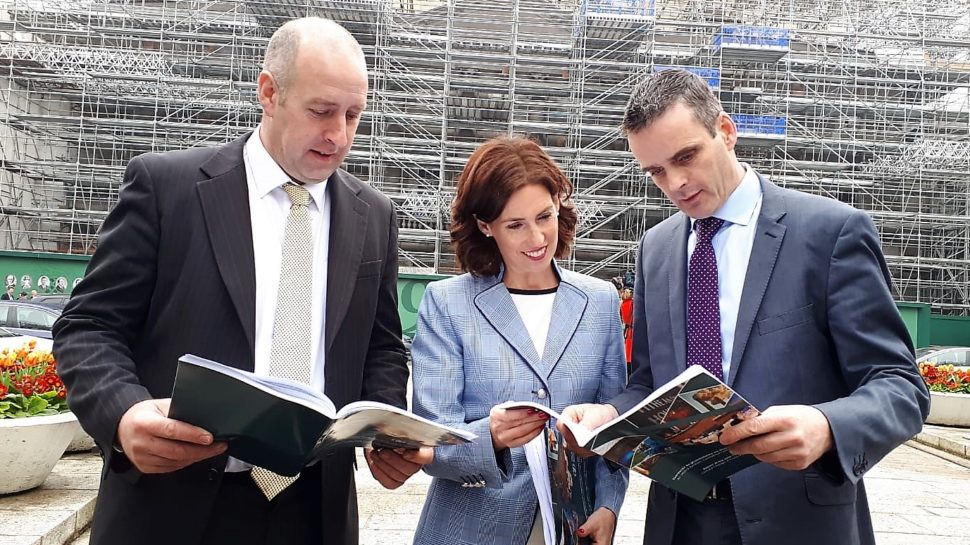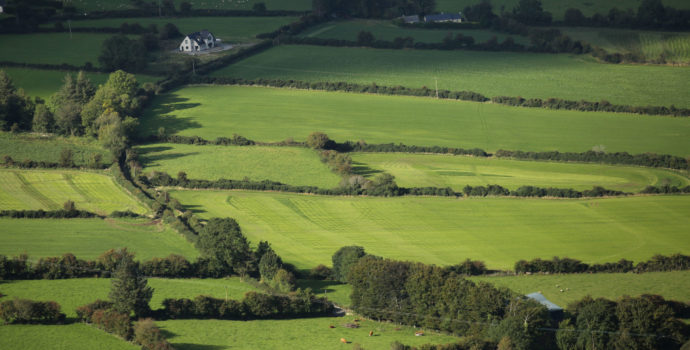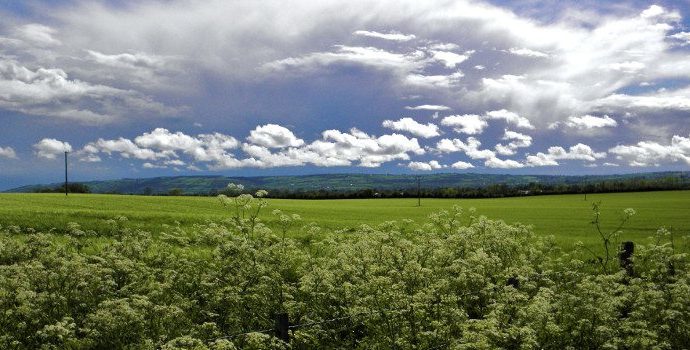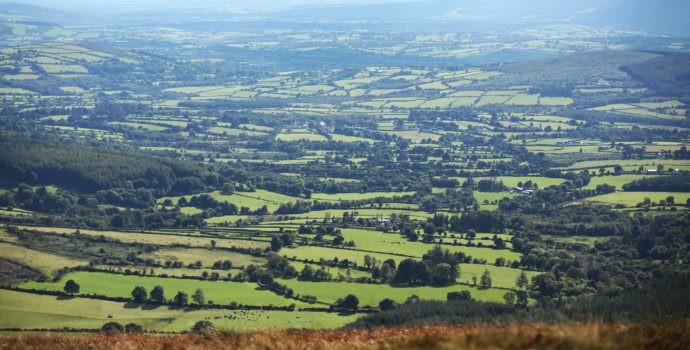Oireachtas Climate Report Provides Platform for Action on Fossil Fuels in Farming

Speaking at the launch of the climate report in Dáil Éireann today, IFA President Joe Healy said the Teagasc Plan is the basis for further climate action in agriculture and is far better than the unrealistic proposals put forward by the Citizens’ Assembly. This included an unjust and inequitable tax on Ireland’s carbon efficient food production model.
Joe Healy added, “The recommendations regarding the development of farm-scale and community renewables have the potential to make a real difference. However, this requires changes to grid connection, planning policy and the design of the renewable electricity support scheme to support farm-scale and community renewables”.
IFA expressed concern that the proposed increase in carbon tax will impose significant costs on farm families and rural communities who do not have alternatives. “A just climate transition means leaving no-one behind. It is unjust to impose a punitive carbon tax in the absence of alternatives.”
Joe Healy said if the horticulture sector is to develop in line with the Committee’s proposals, it needs policies to make it robust and sustainable. “To date, the Government has failed to regulate against unsustainable discounting and to appoint an independent retail regulator to police the grocery market”, he said.
He described proposals to divert CAP funds to address the climate challenge as ‘a convenient side-stepping of the need for a robust national climate action budget’.
“Currently, the European Commission is proposing a €100m cut to the annual CAP budget. It is not sustainable to expect farmers to keep delivering more with less, despite the fact that almost 90% of the existing CAP Rural Development Programme is already focused on environmental and climate protection.”
In forestry, IFA is looking for a payment for eco-system services to provide an income from areas set aside for biodiversity. This would encourage the establishment of broadleaf woodlands and reward farmers for the range of eco-systems services including carbon sequestration provided by their mixed woodlands.
IFA Environment Chairman Thomas Cooney said, “Over 212,000 carbon assessments have been completed, as part of Bord Bia’s Origin Green programme. Over 40% of farmers participate in the Green Low Carbon Agri-Environment Scheme. Over 1,000 farmers interact in the voluntary Smart Farming programme.
Yes, agriculture’s emissions are significant, but that reflects the importance of the sector to the national economy. However, while agriculture’s emissions have declined by 1% since 1990, emissions from sectors such as transport are spiralling out of control, increasing by 133%. Despite this, farming continues to be a scapegoat for climate inaction in other sectors”.
Concluding, Thomas Cooney said, “The agri-food sector is Ireland’s largest indigenous productive sector and a key driver of economic activity in every parish in Ireland. To secure a just and sustainable climate transition, future climate measures must lead to improved farm level profitability.”




